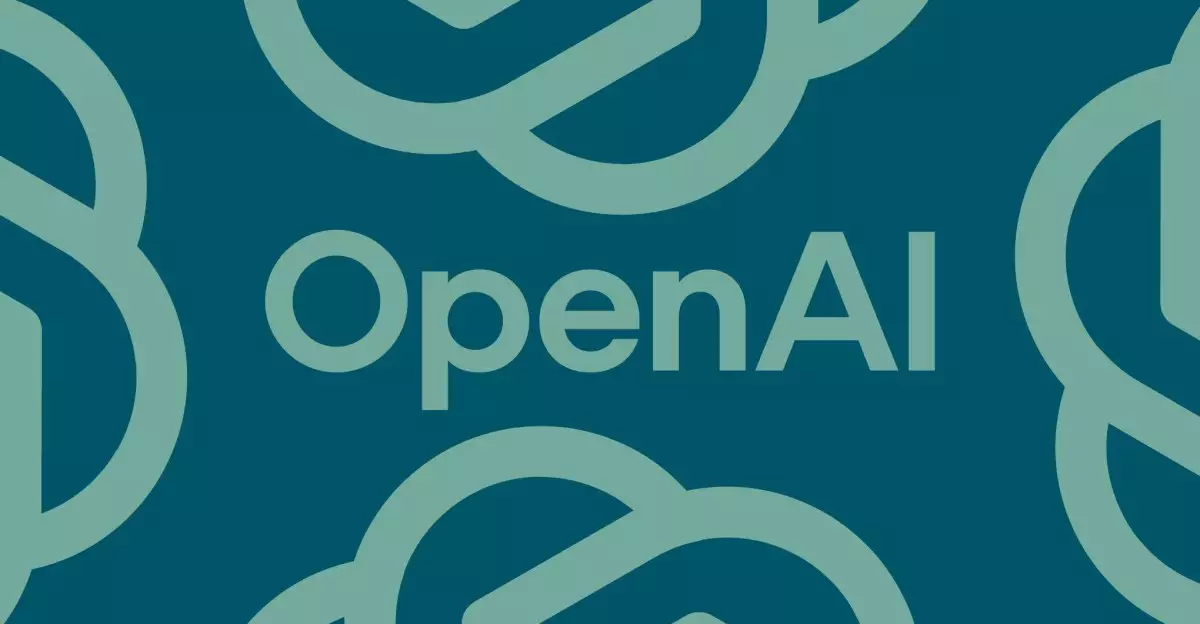In the landscape of technology, few figures have garnered as much notoriety as Elon Musk. His ambitions intersect with various sectors, including space exploration, electric vehicles, and artificial intelligence. Currently, the ongoing legal tussle between Musk and OpenAI raises critical questions about innovation, corporate ethics, and the essence of progress in technology. OpenAI recently countered Musk’s legal claims with serious allegations suggesting that his maneuvers are not merely disagreements but a calculated attempt to sap the nonprofit’s momentum in the AI arena.
The Accusations
OpenAI’s legal team fired back at Musk’s accusations, labeling his persistent legal actions as “bad-faith tactics.” These are not just ordinary grievances; they suggest a deeper concern that Musk’s activities aim to undermine OpenAI’s mission, which focuses on developing artificial general intelligence (AGI) that benefits humanity at large. This counter-suit presents a narrative where Musk’s actions are framed not as a legitimate rescue mission for ethical AI but rather as self-serving strategies to assert control over groundbreaking developments.
Clearly, the tension stems from fundamental ideological differences. Musk has repeatedly emphasized a vision where AGI serves as a tool for good rather than profit-driven innovation. However, some critics argue that his approach could destabilize pioneering efforts at OpenAI, which navigate the tightrope of ethical AI development while balancing financial realities—a challenge in today’s rapid technological advancement era.
The Roots of Discontent
Musk’s estranged relationship with OpenAI can be traced back to his departure from its board in 2018, a move accompanied by his growing concerns regarding the organization’s direction. Initially positioned alongside some of Silicon Valley’s brightest minds to ensure that AI is developed responsibly, Musk perceived a shift in focus towards profit-making, sparking his vehement opposition. Thus, the courtrooms become battlefields where Musk seeks to reignite OpenAI’s original altruistic mission.
However, this pursuit raises red flags about Musk’s motivations. Critics question whether his legal maneuvers genuinely stem from a desire for ethical AI or whether they reflect a deeper ambition to reclaim a stake in an evolving industry brimming with lucrative prospects. It can be argued that Musk’s attempts to deride OpenAI come across as less about the welfare of the general public and more about positioning himself at the forefront of technological advances.
Implications and Consequences
The ramifications of this conflict are significant, not just for the parties involved but also for the broader perceptions of AI ethics and governance. If Musk’s legal complaints are validated, it could set a precedent for future interactions between innovators and their creations. Would companies now need to brace themselves for disruptions from their founders or notable affiliates? Where does this leave collaborative endeavors essential for advancing technology responsibly?
As proceedings loom closer to trial in the spring of 2026, observers eagerly anticipate how this legal confrontation—a conflict that embodies deeper ideological rifts in technological development—will unfold. What is clear is that in the world of AI, where the stakes are inimically high, the outcome of this legal battle may shape not just OpenAI’s future but the entire landscape of artificial intelligence for years to come.

